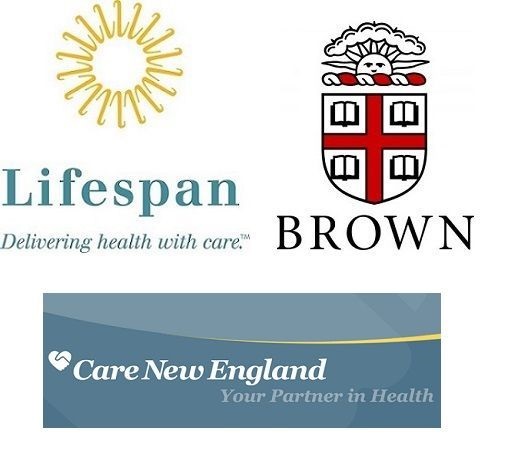PROVIDENCE – Throughout a two-hour meeting held on Wednesday on the proposed Lifespan Corp. and Care New England Health System merger, many attendees raised a similar concern: the monopolization of health care, and how it would impact patients and employees.
“I can’t think of a time in recent history when a monopoly has ever benefited consumers,” said Laurie-Marie Pisciotta, executive director of the Mental Health Association of Rhode Island. “We have concerns that this will raise costs for patients.”
Like Pisciotta, numerous other speakers called the proposed merger a monopoly, pointing to estimates that the combined entities would comprise close to 80% of the state’s hospital infrastructure.
Detractors also cited studies demonstrating that mergers raise patients’ health care expenses and questioned how the proposal would impact staffing and wages for hospital employees.
The proposed Lifespan-Care New England merger would bring the two health systems into an integrated academic health system with Brown University. Lifespan and Care New England have made four total attempts to merge since 1998, including the ongoing application.
Niyoka Powell, a former nurse at Butler Hospital, called the proposed merger “a blatant monopoly” that fails to address existing issues in hospitals.
“The patients are the ones who are going to suffer,” Powell said. “The employees are the ones who are suffering – not corporate, not the merger companies.”
While not as numerous at the meeting, supporters also attended to speak in favor of the merger, highlighting opportunities for more research and better integration of care.
Michael Sabitoni, president of the Rhode Island Building and Construction Trades Council, said that the merger would benefit labor unions and help Rhode Island stay competitive against Massachusetts health care options.
“The time is right for us right now to combine our efforts and really get into the research and development that a merger like this, when you add in Brown as well, could accomplish,” Sabitoni said. “This is the catalyst that we believe will transform the city of Providence and the state of Rhode Island, frankly, and put us on the map.”
Aidan Petrie, a managing partner at New England Medical Innovation Center, said the merger would help the state’s health care system realize its full potential.
While Rhode Island’s health care system has “very good, very well-meaning and really smart people … the situation was not set up for them to succeed,” Petrie said.
“When I think of this merger, I think it can only benefit health care in Rhode Island,” he added. “If we have a larger system that is well-integrated and well-informed, well-managed with appropriate controls, we should be able to provide better outcomes, we should be able to control costs.”
While most of the first hour of the previous public comment meeting was dominated by commentary from executives at Lifespan and Care New England, who spoke in support of the merger, the second meeting featured more speakers who were not affiliated with the health systems, as well as unionized employees.
Zakary Pereira, a Warwick resident and candidate for state representative of District 22, urged R.I. Attorney General Peter F. Neronha to reject the application.
“Choice is an essential part of health care,” he said, and “mergers like this have resulted in less and less of those independent physicians in the marketplace. This merger, if approved, will create a health care conglomerate that controls about 80% of the hospitals in the state.”
Al Charbonneau, executive director of the Rhode Island Business Group on Health and a former hospital CEO in New York, said that the combined health care system “would arguably be the most highly consolidated hospital system in the country,” and would likely raise the cost of health care while “at best, provide mixed results on quality.”
A third public comment meeting will be held on Thursday, Feb. 10, from 6 to 8 p.m. Members of the public can also submit written comment until Feb. 11.
To move forward, the merger would need approval from the R.I. Department of Health, the R.I. Office of the Attorney General and the Federal Trade Commission.
Jacquelyn Voghel is a PBN staff writer. Contact her at Voghel@PBN.com.













